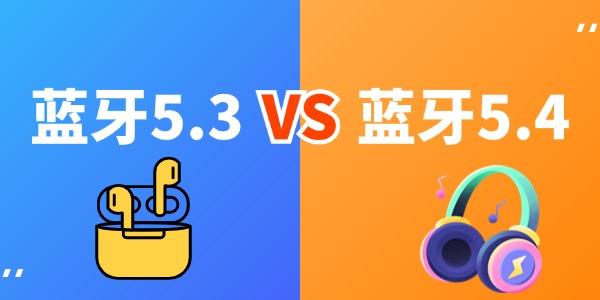在 go 中使用单元测试验证重载函数的正确性:创建一个反馈表,其中包含函数输入和预期的输出。对于每个重载,编写单元测试:创建输入参数。调用函数并捕获返回值。断言返回值等于预期的输出。
Go 中单元测试验证重载函数的正确性
在 Go 语言中,函数重载(函数具有同名但输入参数不同的多个定义)是一个常见的特性。为了确保函数重载按预期工作,编写单元测试以验证其正确性非常重要。
使用反馈表
立即学习“go语言免费学习笔记(深入)”;
为了验证重载函数的正确性,可以使用一个反馈表,其中包含函数输入和预期的输出。例如,考虑一个简单的加法函数,它可以有不同的输入参数类型:
func Add(x, y float64) float64 func Add(x, y int) int func Add(x, y string) string
我们可以使用以下反馈表来验证 Add 函数的行为:
| 输入 | 预期输出 |
|---|---|
| 1.0, 2.0 | 3.0 |
| 1, 2 | 3 |
| "hello", "world" | "helloworld" |
编写单元测试
根据反馈表,我们可以编写单元测试来验证这些重载函数。对于每个重载,我们需要创建一个测试函数,该函数包含以下步骤:
创建输入参数。
调用函数并捕获返回值。
断言返回值等于预期的输出。
例如,对于第一个重载,我们可以编写以下单元测试:
func TestAddFloat(t *testing.T) {
result := Add(1.0, 2.0)
expected := 3.0
if result != expected {
t.Errorf("Add(1.0, 2.0) = %f, want %f", result, expected)
}
}
对于其他重载,我们可以按照类似的模式编写单元测试。
实战案例
让我们看一个实际例子,其中我们验证了 strings.ReplaceAll 函数的重载,该函数替换字符串中的所有匹配子字符串。这个函数有以下两个签名:
func ReplaceAll(s, old, new string) string func ReplaceAll(s string, old string, new rune) string
我们可以使用以下反馈表来验证 ReplaceAll 函数的行为:
| 输入 | 预期输出 |
|---|---|
| "hello", "e", "a" | "hallo" |
| "hello", "e", 'a' | "halla" |
使用这些输入,我们可以编写以下单元测试:
func TestReplaceAllString(t *testing.T) {
result := strings.ReplaceAll("hello", "e", "a")
expected := "hallo"
if result != expected {
t.Errorf("ReplaceAll(\"hello\", \"e\", \"a\") = %s, want %s", result, expected)
}
}
func TestReplaceAllRune(t *testing.T) {
result := strings.ReplaceAll("hello", "e", 'a')
expected := "halla"
if result != expected {
t.Errorf("ReplaceAll(\"hello\", \"e\", 'a') = %s, want %s", result, expected)
}
}
通过编写此类单元测试,我们可以确保重载函数按预期工作,从而提高我们代码的健壮性和可维护性。
以上就是Golang单元测试验证函数重载的正确性的详细内容,更多请关注本网内其它相关文章!












 浙公网安备33010502006705号
浙公网安备33010502006705号